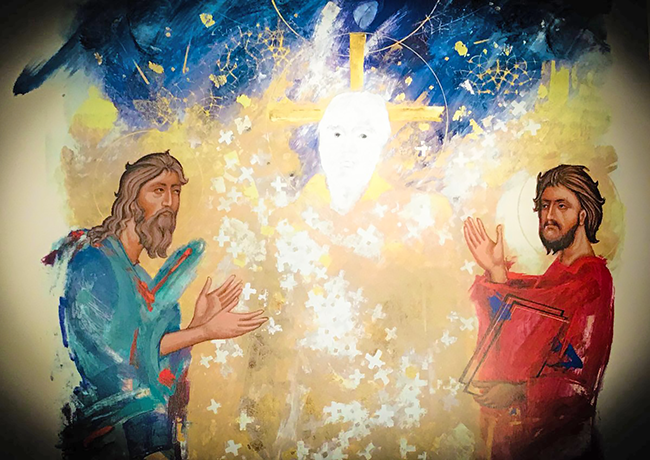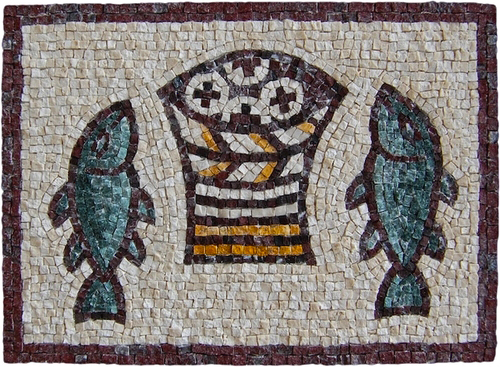
In the Sermon on the Mount, Jesus calls us to the perfection of the Father. But in our humanness, we are incapable of that type of perfection, of having no flaws. Is that the perfection the Lord calling us to? Hebrew culture taught perfection as compassion. If we take into account the Hebrew understanding, we move from the idea of having no flaws to a perfection defined by the compassion we show others. Who are the “others” in life? Fr. Ron Rolheiser provides some insight when he says there will be just one question asked at the pearly gates, “Where are the others? You know, the widows, orphans, and strangers. I mean, you did you feed the hungry, give drink to the thirsty, clothe the naked, and visit the prisoners, right? This must be the compassion we live out. It requires a lens of life that is focused outwardly. Bishop Robert Barron says it is evidenced by “willing the good of the other, for the other.” It’s moving away from any self-reference and only giving away the love of God precisely and only for the good of the other – no strings attached. That is the perfection we should strive to attain each day. And that, I would propose, is living in a world that could be defined as “heaven on earth.”









